As a medical student, books are not just companions but also powerful tools for learning, empathy, and growth. Whether you’re navigating the intricate world of medical sciences or seeking inspiration for your future practice, the right books can be invaluable. Here, we’ve curated a list of seven must-read books that promise to enrich your medical journey, offering insights, perspectives, and stories that resonate with the Indian medical student experience.
1. “The Emperor of All Maladies: A Biography of Cancer” by Siddhartha Mukherjee
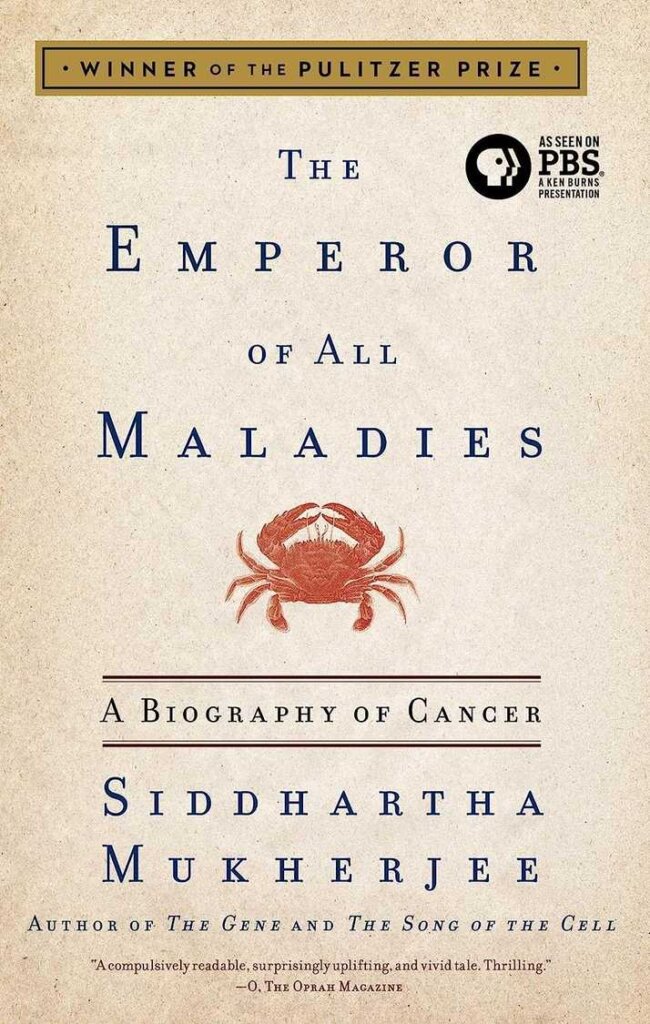
Siddhartha Mukherjee’s Pulitzer Prize-winning masterpiece, “The Emperor of All Maladies,” is a captivating exploration of the history of cancer. From ancient times to modern research, Mukherjee weaves together a narrative that illuminates the complexities of this formidable disease. For Indian medical students, this book offers a deeper understanding of cancer’s impact and the ongoing efforts to combat it.
2. “Being Mortal: Medicine and What Matters in the End” by Atul Gawande
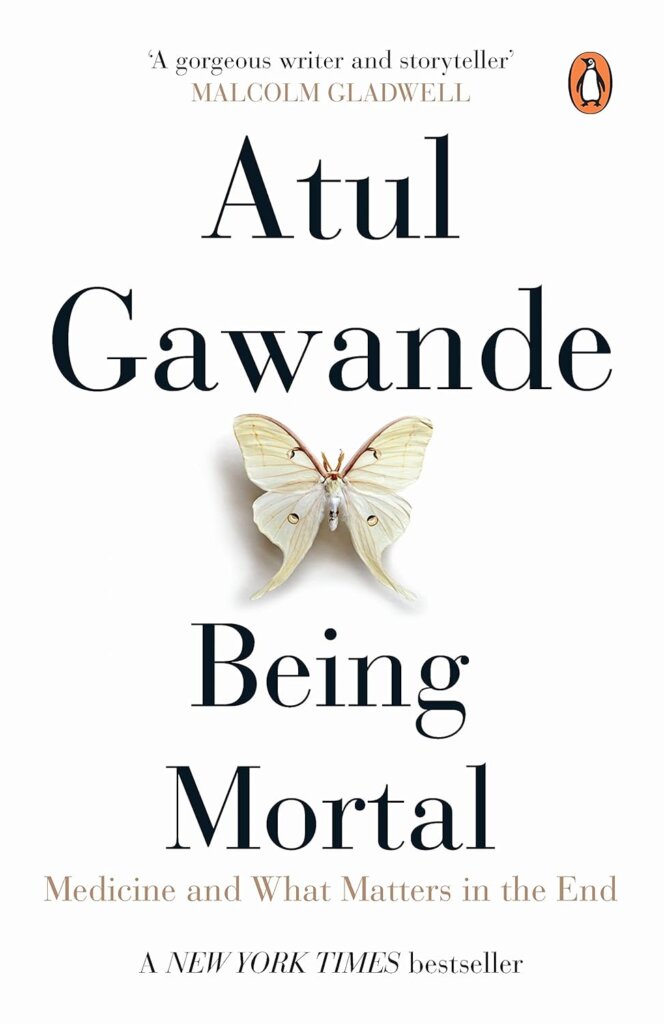
Renowned surgeon and writer Atul Gawande delves into the sensitive topic of end-of-life care in “Being Mortal.” In a society where discussions about mortality are often taboo, this book serves as a poignant reminder of what truly matters in healthcare. Indian medical students will find Gawande’s insights invaluable as they navigate their roles as future caregivers.
3. “When Breath Becomes Air” by Paul Kalanithi
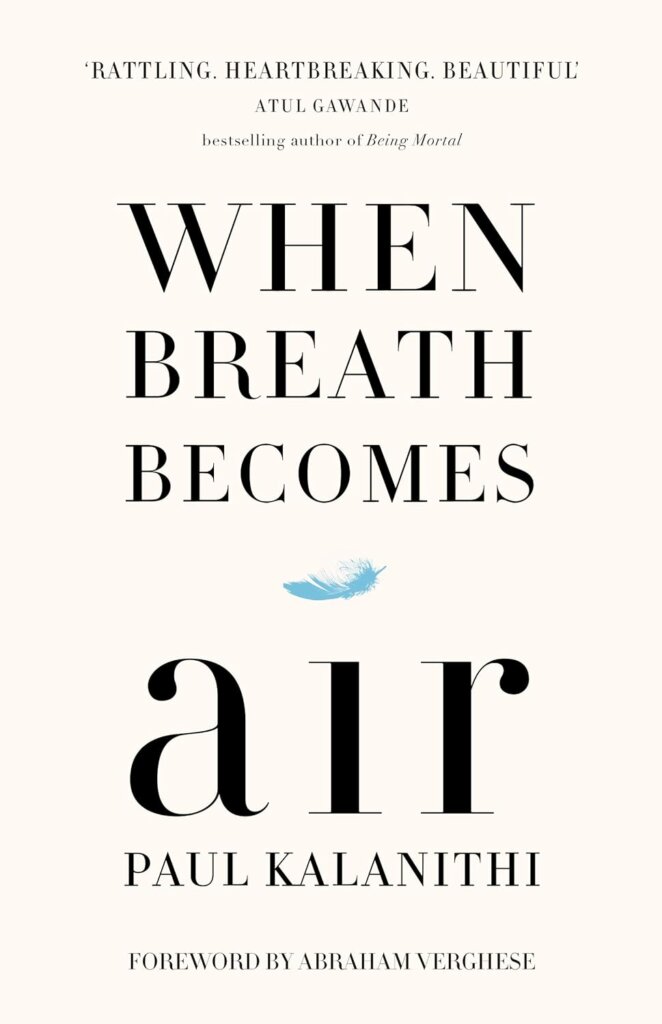
A profoundly moving memoir, “When Breath Becomes Air” chronicles neurosurgeon Paul Kalanithi’s journey with terminal cancer. Through eloquent prose, Kalanithi reflects on life, death, and the pursuit of meaning. For Indian medical students, this book offers a poignant reminder of the human side of medicine and the importance of empathy in patient care.
4. “Better: A Surgeon’s Notes on Performance” by Atul Gawande
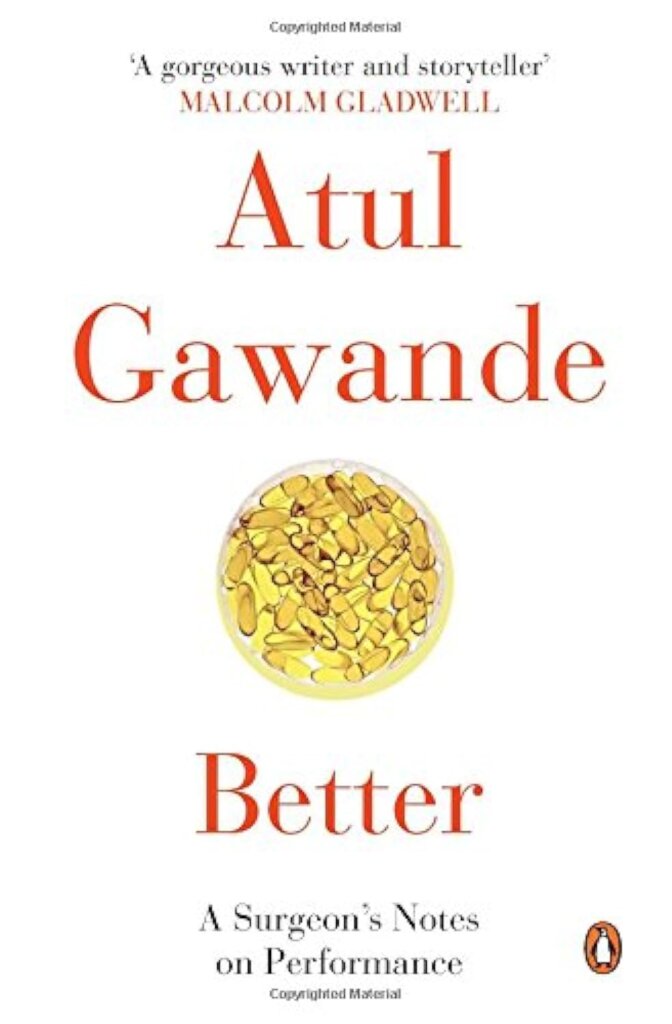
In “Better,” Atul Gawande takes readers on a compelling journey through the world of surgery and healthcare systems. Through a series of insightful essays, Gawande explores the quest for excellence in medicine and the challenges faced along the way. Indian medical students will find this book both enlightening and inspiring as they strive for excellence in their own practice.
5. “The Man Who Mistook His Wife for a Hat” by Oliver Sacks
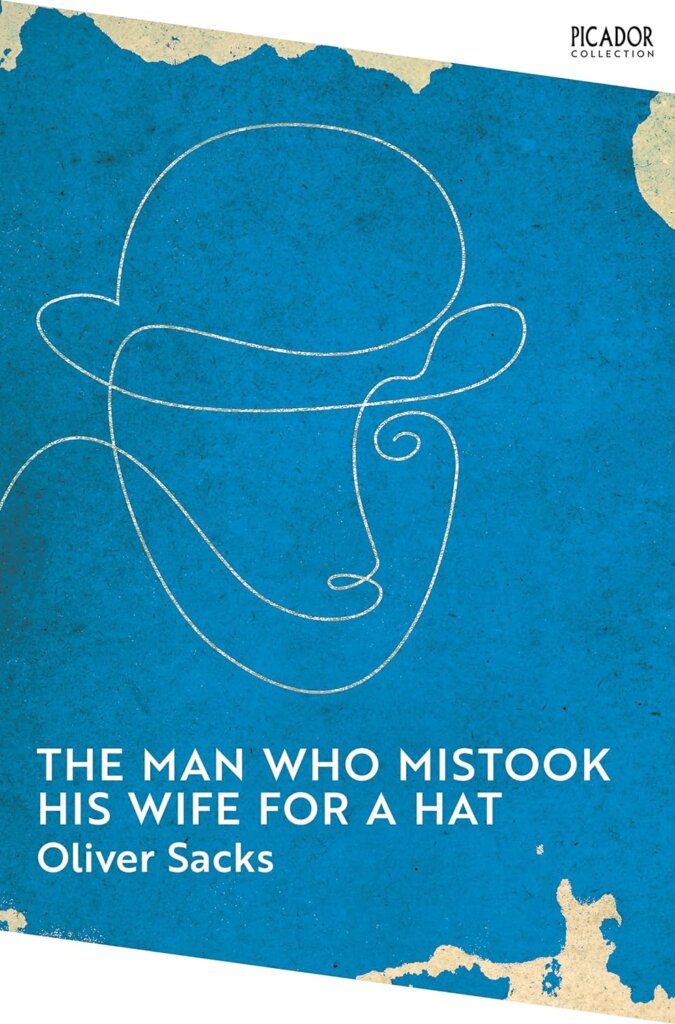
Oliver Sacks, a legendary figure in neurology, presents a fascinating collection of case studies in “The Man Who Mistook His Wife for a Hat.” Through these stories, Sacks illuminates the complexities of the human brain and the mysteries of neurological disorders. Indian medical students will be captivated by the human stories behind the science, gaining a deeper appreciation for the intricacies of the mind.
6. “Complications: A Surgeon’s Notes on an Imperfect Science” by Atul Gawande
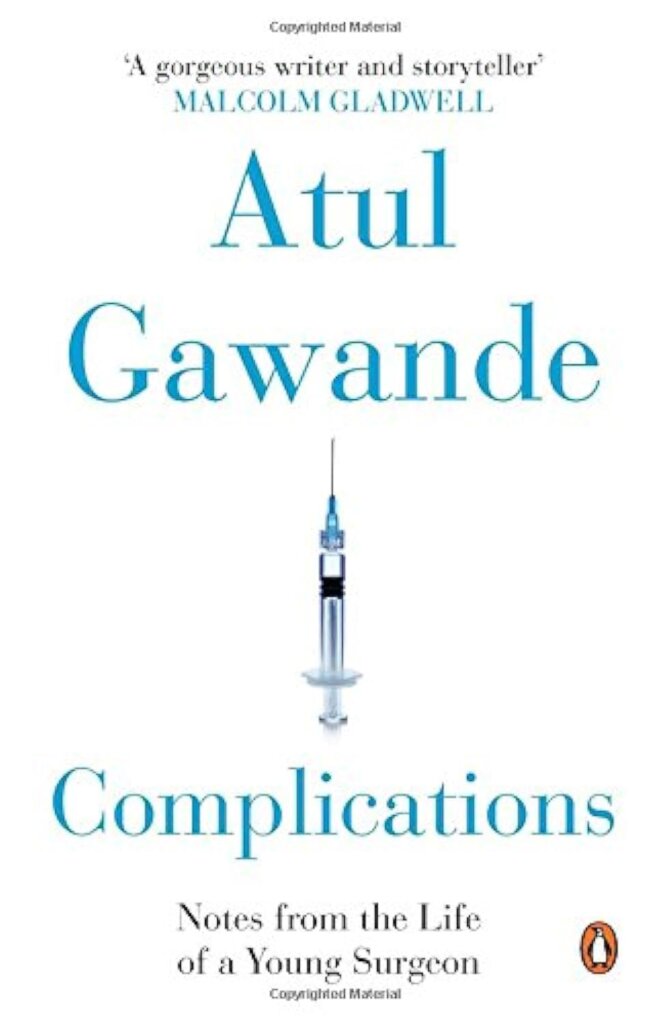
Another gem from Atul Gawande, “Complications” offers a candid look at the uncertainties and imperfections of modern medicine. Through personal anecdotes and reflections, Gawande challenges the notion of infallibility in healthcare and emphasizes the importance of continuous learning. Indian medical students will find this book a refreshing and thought-provoking read.
7. “Mountains Beyond Mountains: The Quest of Dr. Paul Farmer, a Man Who Would Cure the World” by Tracy Kidder
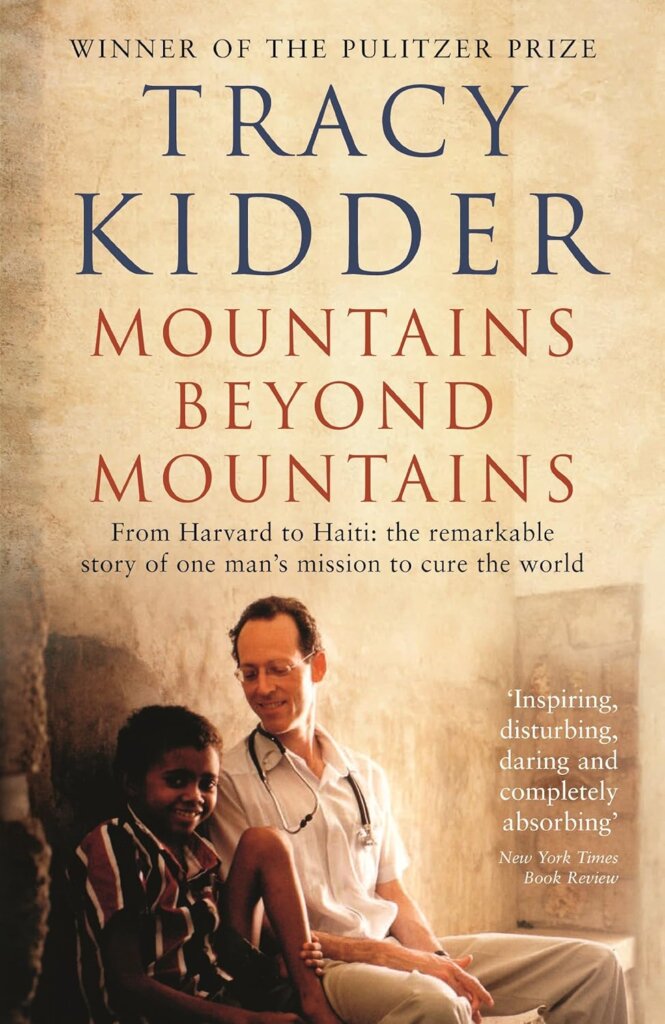
“Mountains Beyond Mountains” tells the inspiring story of Dr. Paul Farmer, a pioneer in global health and social justice. Tracy Kidder’s narrative follows Farmer’s tireless efforts to bring healthcare to the most marginalized communities around the world. Indian medical students will be inspired by Farmer’s dedication and the transformative power of compassionate healthcare.
Conclusion:
These seven books are not just titles on a reading list; they are windows into the diverse facets of medicine, humanity, and the pursuit of excellence. Whether you’re seeking to deepen your understanding of medical challenges, gain insight into patient experiences, or find inspiration for your own journey, these books offer a wealth of knowledge and perspective. As Indian medical students, embracing these stories and insights can shape not only your education but also your future practice as compassionate and empathetic caregivers.